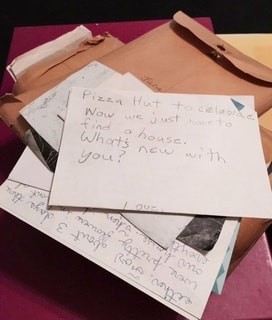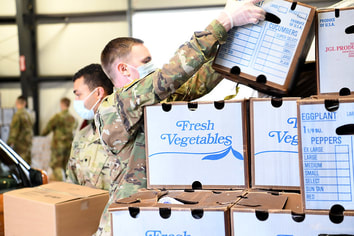
How you choose to handle holidays is a highly personal decision. In the first few months or years, you alone know whether it's comfortable or painful to bake the cookies, make that signature dinner, or hold the annual picnic. As time passes, you may find that life in itself has changed and it feels more comfortable to modify or integrate some new and different traditions.
One friend is widowed and lives with her widowed mom. Their holiday celebrations are much smaller now that it’s just the two of them. Rather than cooking a holiday meal, they usually have dinner with friends or go out to eat. An enormous fresh tree was central to their Christmas celebration, but my friend finds it's too difficult to handle alone, so they have a small artificial tree. But they keep the tradition of the Christmas lights, hiring a handyman to put them up.
Another friend was widowed when his two children were teens. He found it helpful that first year to ask his children, "How do you want to do this holiday?" There were holiday traditions that they kept intact because it was just natural to do things they enjoyed. When one child left for college the following year and the family of four became a family of two, life and holidays changed. But the changes felt like a more natural transition. Six years after his wife's death, my friend integrates some of the old traditions into his holidays, just because it feels comfortable.
Memories may be your best guide to the holidays. Determine what makes you feel good and what makes you feel uncomfortable. But there's a difference between being uncomfortable and being sad. As one friend says, "Some people are so concerned about feeling sad. It's okay to feel sad; you've just lost your loved one."
Robbie Miller Kaplan is an author who writes from a unique perspective as a mother who has lost two children. She has written How to Say It When You Don't Know What to Say, a guide to help readers communicate effectively when those they care about experience loss, available in ebooks for "Illness & Death," "Suicide," "Miscarriage," "Death of a Child," "Death of a Stillborn or Newborn Baby," "Pet Loss," "Caregiver Responsibilities," "Divorce" and "Job Loss." All titles are in Amazon's Kindle Store.






 RSS Feed
RSS Feed
